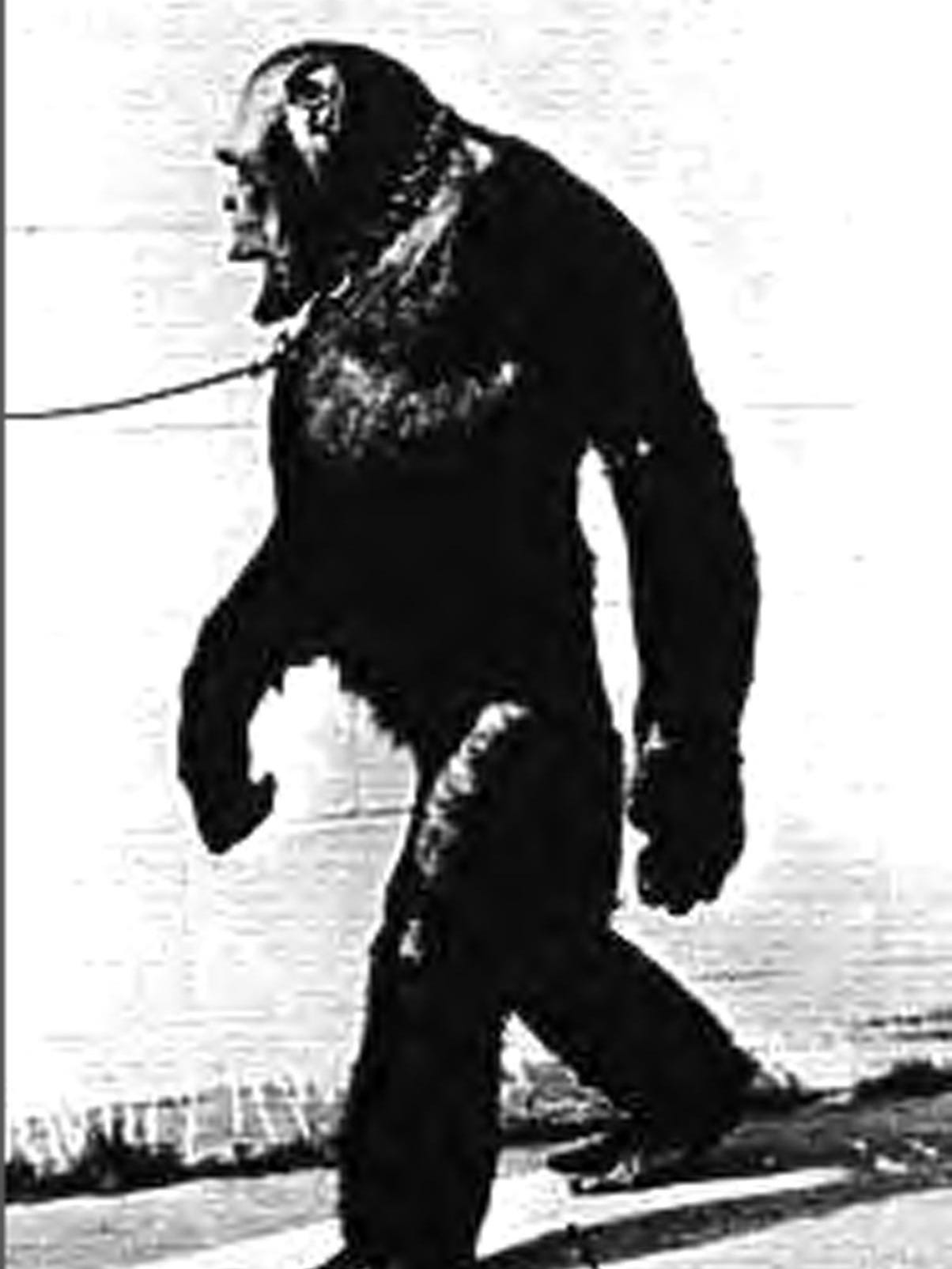

How people describe themselves, it increasingly seems, has less to do with genetic makeup than the influence of social norms. Oklahoma also happens to be where Native Americans and African-Americans first crossed paths, so to speak, when Native Americans walked the Trail of Tears in the 1830s after being forced out of the South. Oklahoma, the study revealed, has the highest proportion of self-identified African-Americans with Native American genes. Researchers estimated that this interracial mixing, which geneticists call "admixture," started about six generations ago (roughly 180 years) - before African-Americans migrated to the northern states. And in other parts of the South, it was about 1 in 10. As much as 12% of self-described European Americans from South Carolina and Louisiana had African ancestry. And ancestry patterns appeared to mirror major population shifts tied to historical events in American history.įor example, researchers found white people with African ancestry at much higher rates in southern states. There's a link between racial identity and geography. The frequency with which self-identified white participants had African ancestry varied significantly by region. Researchers used participants' DNA samples to render their genetic profiles and compared the results to their self-reported ancestries. The study included 150,000 white participants and several thousand Latinos and African-Americans. Only customers who said they identified with a single racial or ethnic group were included. One questionnaire asked participants about geographic ancestral origins while another asked about racial affiliation. The study: Thousands of customers of 23andMe, a genotyping company, submitted saliva samples for DNA analysis and answered questionnaires about their racial and ethnic identifications. "This article uses another tool, DNA analysis, to get at the same question." "For a generation, historians have been writing books about how race is culturally constructed," said Claudio Saunt, a University of Georgia historian, commenting on the study.

The results, published in the American Journal of Human Genetics, revealed that almost 4% of participants who identify as white have "hidden" African ancestry. Our "hidden" African ancestries. Population genetics scientists from institutions including Harvard University analyzed DNA from thousands of Americans who described themselves as being part of a singular racial group. A study offers yet more evidence that race is no more than a social construct. In fact, millions of Americans who consider themselves white actually have mixed-race roots. As it turns out, many white people may not be so "white" after all.


 0 kommentar(er)
0 kommentar(er)
